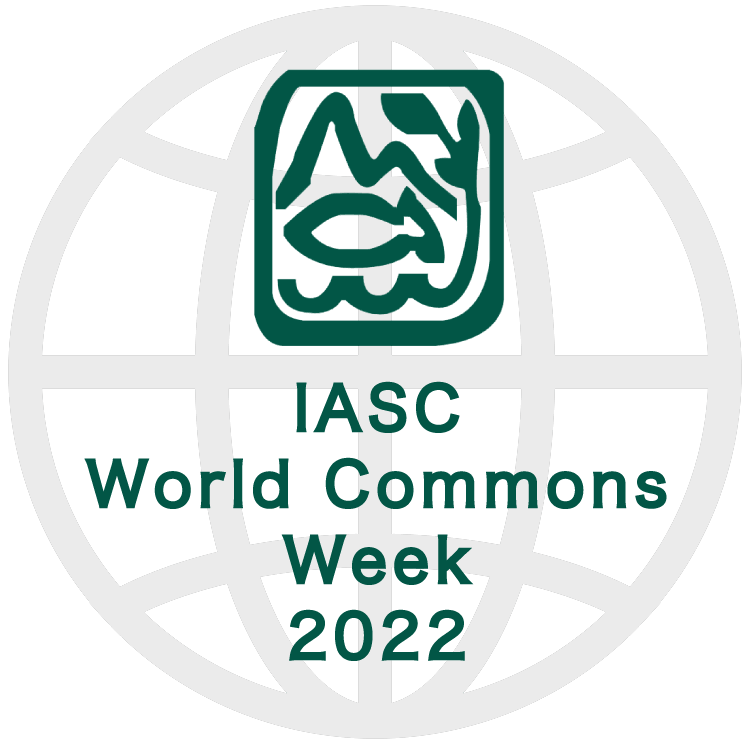Westphalian Sovereignty and the Free-Rider Conundrum in the Atmospheric Commons: Examining Global Governance Regimes for Addressing Climate Change Adaptation
While key actors at the international level have made strides in attempts to address climate change through collective action, their efforts are often limited by the Westphalian construct of the modern state which prioritizes territorial sovereignty over global governance. Thus, even though it is commonly known that the atmosphere transcends sovereign territory, creating effective institutional and policy mechanisms for collective state action to govern it remains a major challenge. Indeed, despite the crafting of various international climate change governing frameworks after the Rio Earth Conference of 1992, greenhouse gas emissions have continued to increase, with the negative impacts of climate change already being experienced in various parts of the world. In this paper, we review published literature, secondary data and international policies to gauge the performance of the Kyoto Protocol and the Paris Agreement of 2015 in regulating national and global greenhouse gas emissions. Our assessment established that enforcing commitments made by various nation states at the international level is very difficult, mainly because the pursuit of national economic growth is accorded precedence over the imperative for reducing greenhouse gas emissions. This inevitably results in governance failures. It is also clear that the socioeconomic development imperatives of less developed economies are particularly compromised as they have the highest incentive to cooperate with global governance due to their vulnerability to climate change impacts, and yet they have the least capacity to emit greenhouse gasses because of the nature of their economies.
About the Speaker

Dr. James Murombedzi is chief of the Climate Change Section at the Technology, Climate Change & Natural Resource Management Division in the United Nations Economic Commission for Africa (ECA). His areas of expertise include climate change policy and governance, natural resource management, land reform, and environmental policy. Prior to joining ECA, he worked as the Coordinator of the Responsive Forest Governance Initiative for the Council for the Development of Social Science Research in Africa (CODESRIA), the United Nations Development Programme as Senior Technical Advisor (Energy and Environment); The International Union for Conservation of Nature as Regional Director for Southern Africa; the Ford Foundation as Programme Officer (environment and land reform) and as a Lecturer for the University of Zimbabwe, where he taught political ecology, research methods and social theory. Recent publications include discussions on inequality, natural resources governance and climate change in Africa. Mr. Murombedzi holds a Ph.D. from the University of Zimbabwe.
COMPLETED!
Date: Monday, December 5th
Did you miss it?
If you did, no problem. The video recording is below.
